Friday, April 23
Schedule
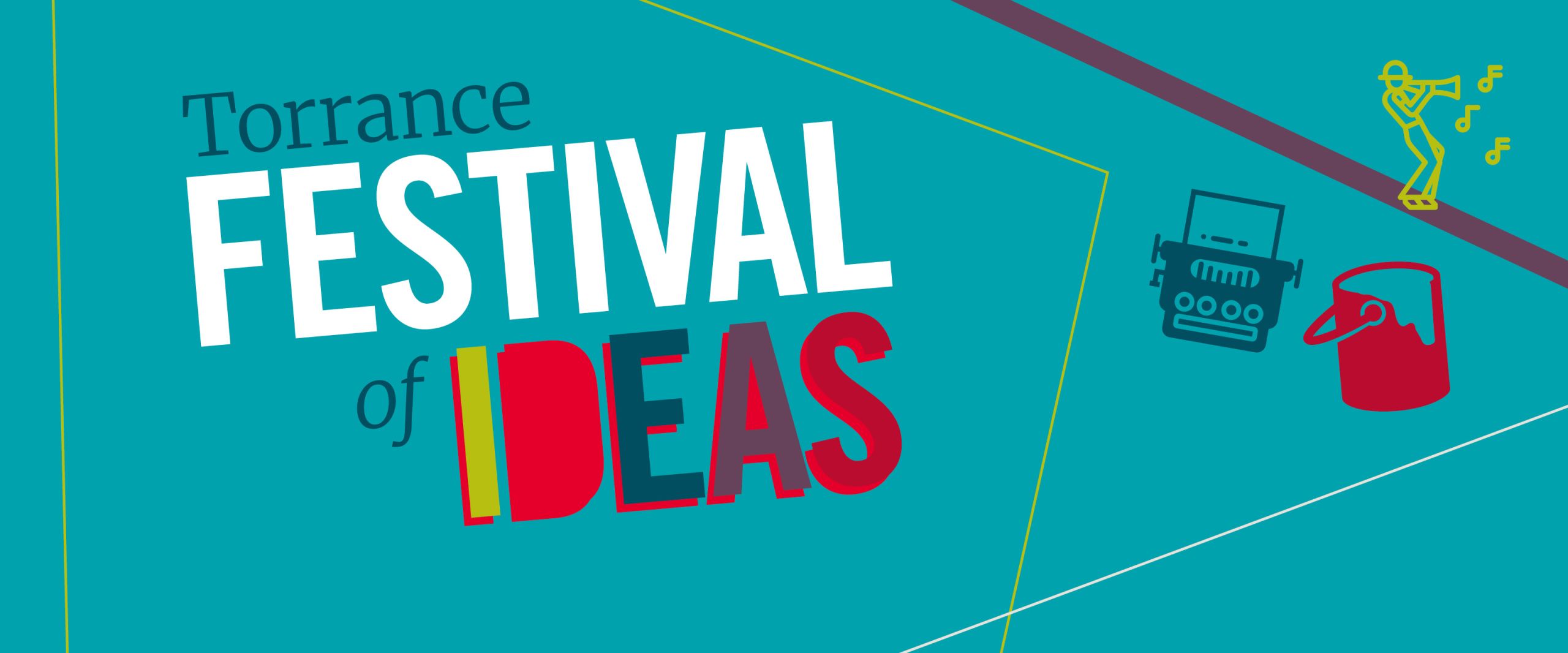
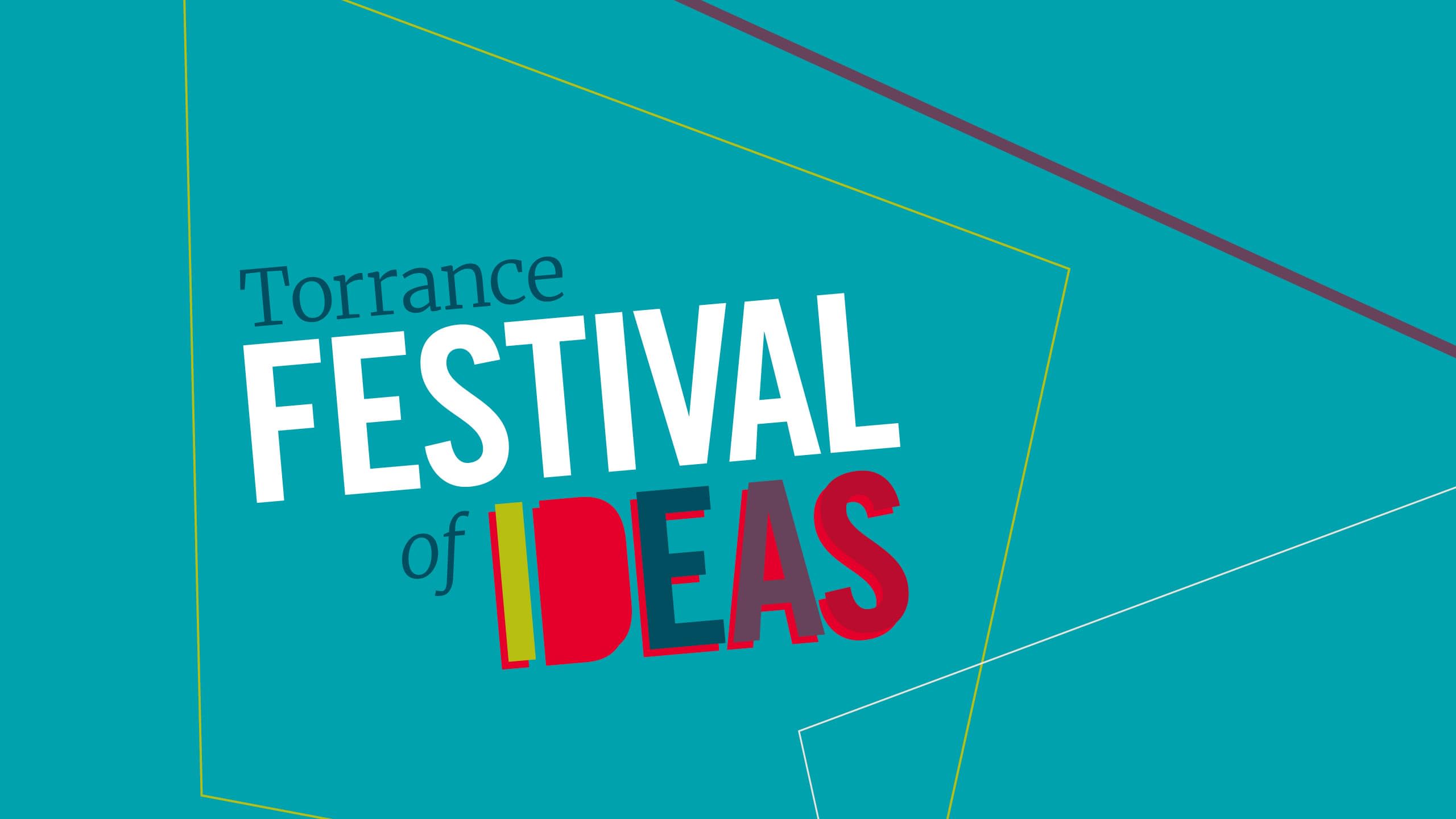
Friday, April 23
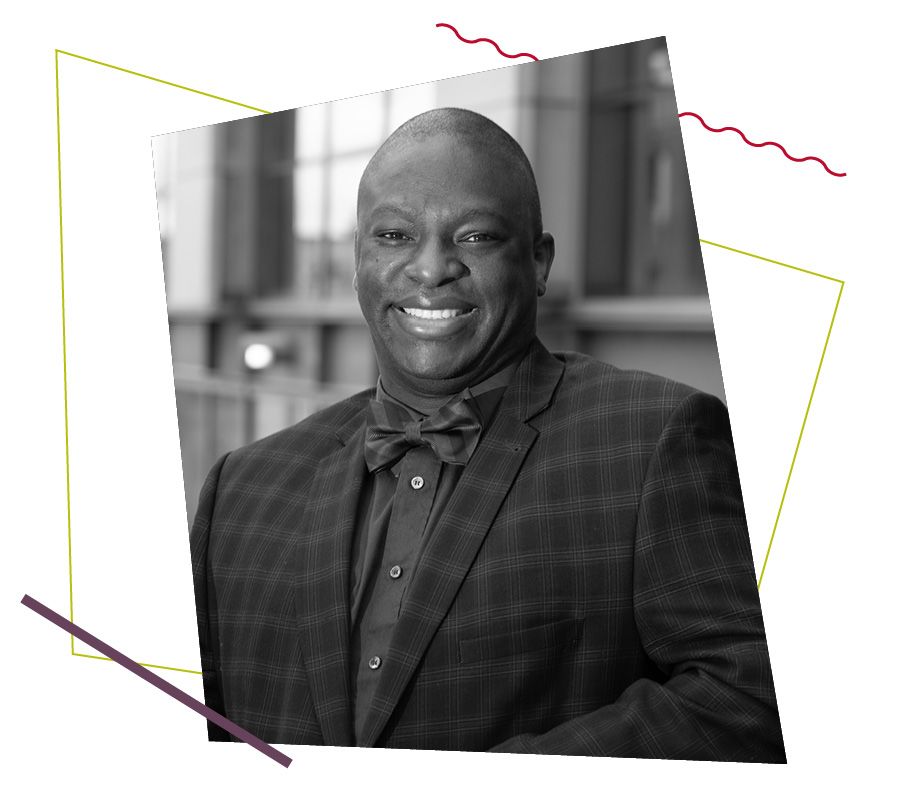
10-11 a.m.
Love, Loss, Trauma: Interconnectedness and Being Human
Divine Charura
The essence of this talk is to engage in a dialogue about what love is in order to draw themes to help endeavors to make a change not only to the human condition but also politically, and socially. Thus, being in line with the view that those of us who are trying to understand and deal with authentic-encounter, engaging in loving human relationships, and in caring for our planet have something to offer in these times of crisis.
Divine Charura, Ph.D., is a professor of counseling psychology at York St. John University in the United Kingdom. He is a Chartered psychologist, UK licensed counseling/practitioner psychologist, registered psychotherapist, and author.
Session Host: Anna Abraham, Torrance Center for Creativity and Talent Development, Mary Frances Early College of Education at the University of Georgia
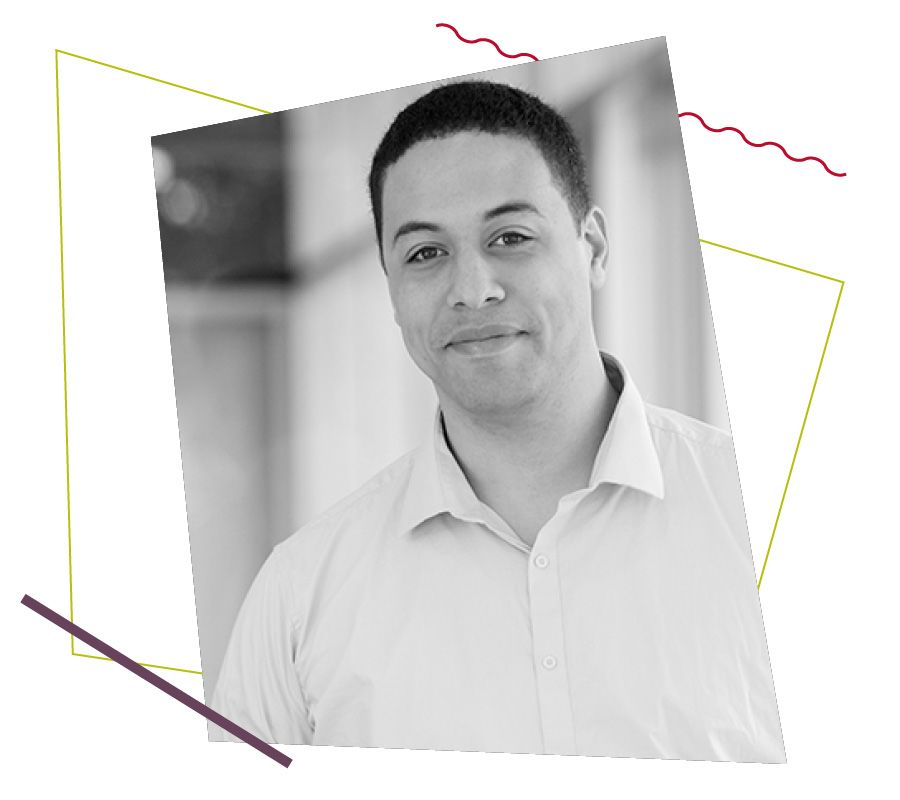
11 a.m.-Noon
We Are More Than Numbers
Richard Blissett
Data has always been critical to human communication. As our world evolves, how do we ensure that our humanity is at its core? In this talk, we will discuss the fundamentally subjective nature of human data and how to embrace and leverage that subjectivity to address important social problems.
Richard Blissett is an assistant professor of education policy and quantitative methodology in the Mary Frances Early College of Education. His work focuses on the attitudinal politics of justice-oriented education policy as well as how information affects those attitudes.
Session Host: Thelron Pleas, grad student, Department of Educational Psychology, Mary Frances Early College of Education at the University of Georgia
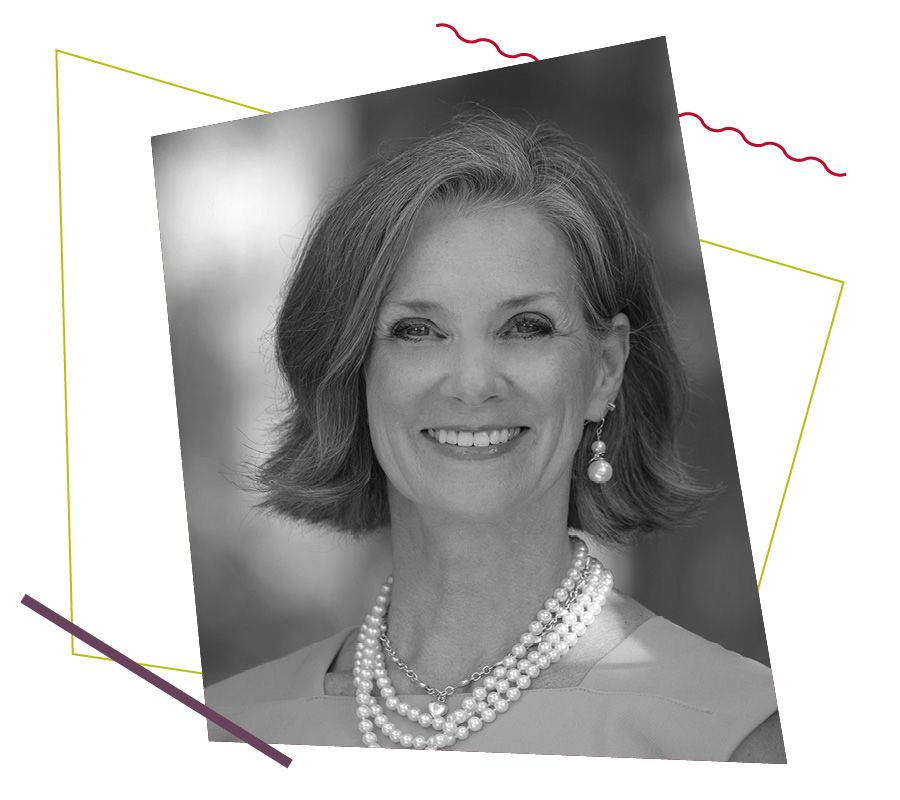
Noon-1 p.m.
Mindfulness 101
Kizmet Adams
"Mindfulness” has become quite the buzzword these days. What’s all the buzz about? Participants in this workshop will hear about some of the science behind the mindfulness movement and learn two different mindfulness techniques they can begin using immediately to help improve their well-being. There will also be a 10-minute seated yoga practice at the end of the session – open to all fitness levels!
Kiz Adams is a human resource specialist in well-being and human relations at the University of Georgia. She is an advocate on campus for promoting balance and well-being among faculty and staff and for creating a healthy, positive, productive work environment at the University. Kiz is certified in Hogan Personality Assessments, Sherpa Executive Coaching, Real Balance Health and Wellness coaching, and Koru Mindfulness and Meditation training.
Session host: Lenoir Gillam, Department of Counseling and Human Development Services, Mary Frances Early College of Education at the University of Georgia

1-1:30 p.m.
Nonprofit Spotlight: Athens Chautauqua Society
Madeline Van Dyck (Board member of the Athens Chautauqua Society)
The Athens Chautauqua Society is a non-profit, community cultural organization in Athens-Clarke County providing humanities-focused educational programs, such as History Comes Alive! events for the general public. We celebrate the diversity of our culture through a variety of voices from the past because history belongs to all of us. In addition, we develop programs that encourage and support civic discourse, public deliberation, and engagement.

1:30-2 p.m.
Nonprofit Spotlight: Books for Keeps
Leslie Hale (Executive Director)
Books for Keeps works to improve children's reading achievement by addressing barriers related to the accessibility and appeal of reading material. Since 2009, Books for Keeps has distributed more than 660,000 books to children across four Georgia counties - and growing.
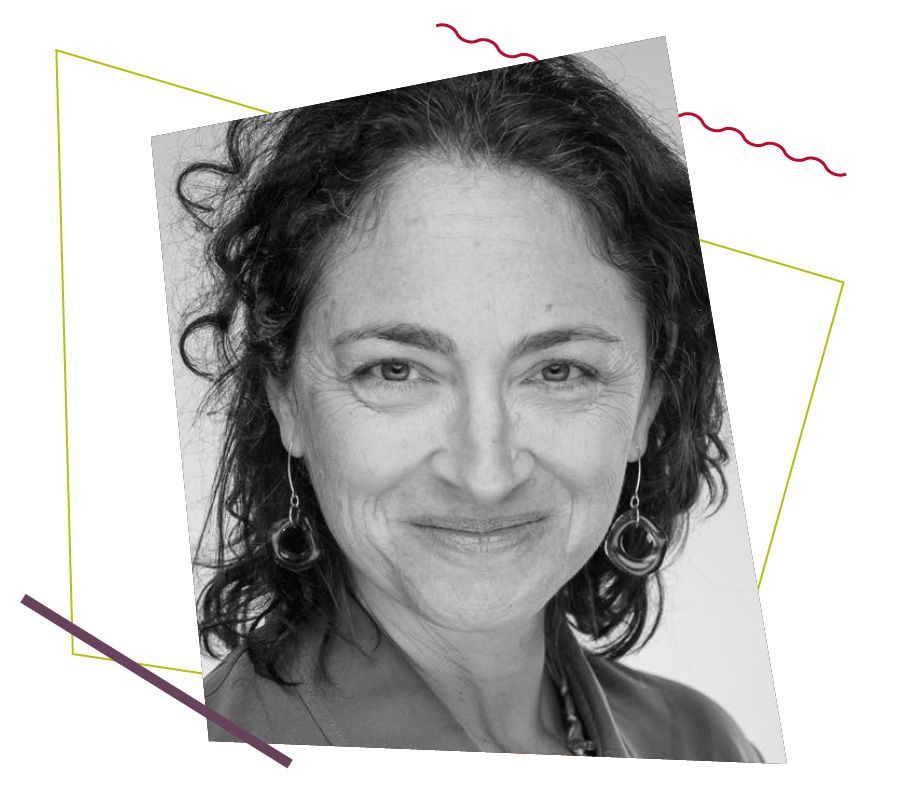
2-3 p.m.
Aging and Dying with A Sense of Humor: An Improvisation in Diaspora
Melisa (Misha) Cahnmann-Taylor
Poet and arts-based scholar, Melisa Cahnmann-Taylor, meditates on the art, poetry, and comedy of growing older and facing the inevitable end of life. She connects readers in Athens to a series of events as part of the NEA Big Read Program featuring "Can’t We Talk About Something More Pleasant?" by Roz Chast. This graphic memoir by the New Yorker cartoonist, tells the story of Chast’s parents’ final years through cartoons, photos, and narrative prose. If everybody’s parents age, why don’t we talk more about it ourselves?
Melisa Cahnmann-Taylor is the director of the 2021 NEA Big Read Program. NEA Big Read is a program of the National Endowment for the Arts in partnership with Arts Midwest. In addition, she is a professor of language and literacy education at the University of Georgia's Mary Frances Early College of Education.
Session host: Ruth Harman, Department of Linguistics, Franklin College of Arts and Sciences at the University of Georgia
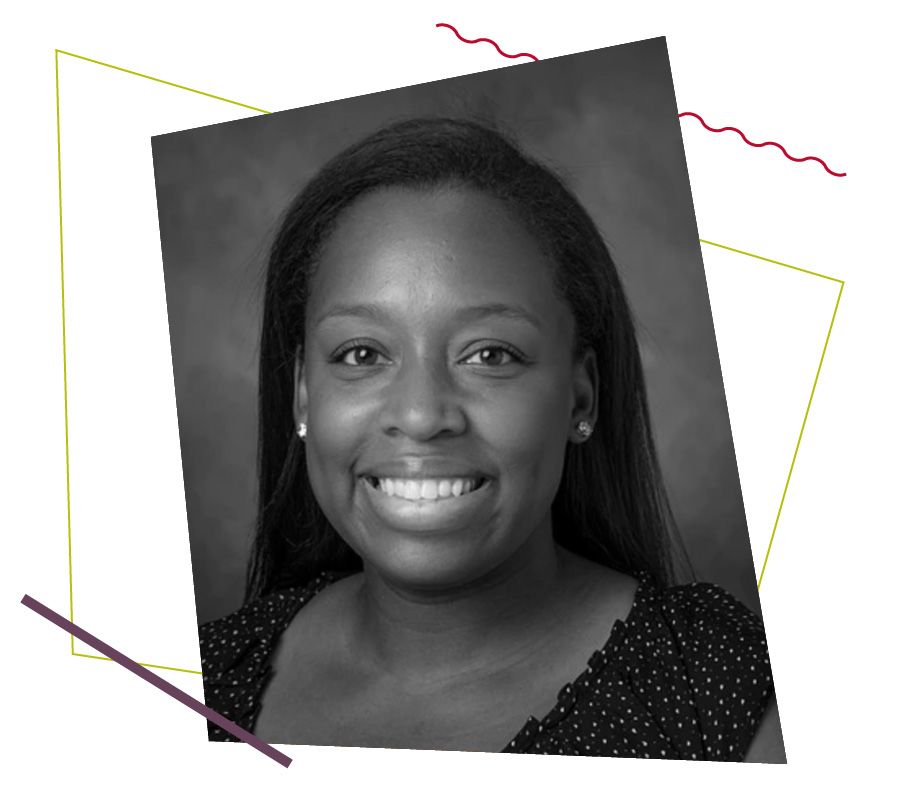
3-4 p.m.
Racial Identity: A Promising Protective Factor for Minoritized Populations
Sycarah Fisher
This talk will focus on the role of racial identity in protecting youth from negative outcomes including low academic achievement and poor mental health. Further, attendees will be exposed to ways to foster racial identity development for the youth in their lives.
Sycarah Fisher, Ph.D., is an assistant professor of school psychology at the University of Georgia's Mary Frances Early College of Education. Her research focuses on mental health and substance use in minoritized populations.
Session hosts: Joachim Walther, Engineering Education Transformations Institute (EETI), College of Engineering at the University of Georgia and Zoe M. Johnson, School of Social Work at the University of Georgia
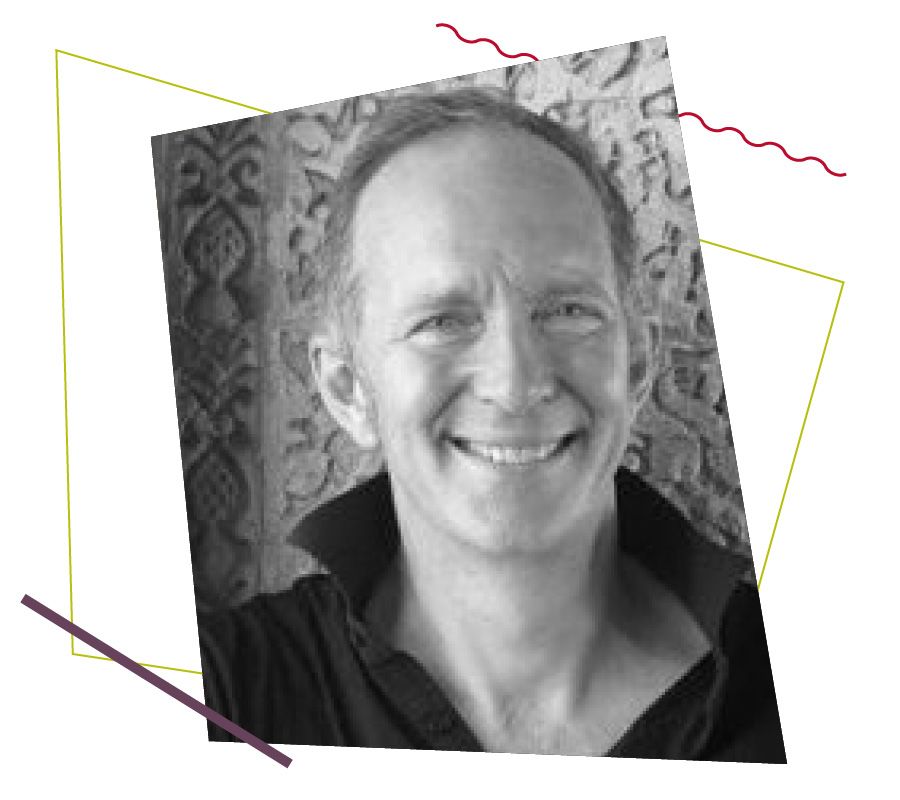
4-5 p.m.
Blind Mind’s Eye: The Science of Extremes in Visual Imagery
Adam Zeman
We have discovered that 1-3% of the world’s population lacks a mind eye, christening this ‘aphantasia’. People at the opposite extreme of the spectrum, with ‘hyperphantasia’, enjoy imagery ‘as vivid as real seeing’. This talk will focus on the experience, psychological associations, and biological basis of imagery and imagery vividness extremes.
Adam Zeman, Ph.D., is a clinical neurologist with research interests in visual imagery, memory in epilepsy, and, more generally, the relationship between mind and brain. He is the author of "Consciousness – a User’s Guide" and "A Portrait of the Brain".
Session host: Jing Xu, Department of Kinesiology, Mary Frances Early College of Education at the University of Georgia
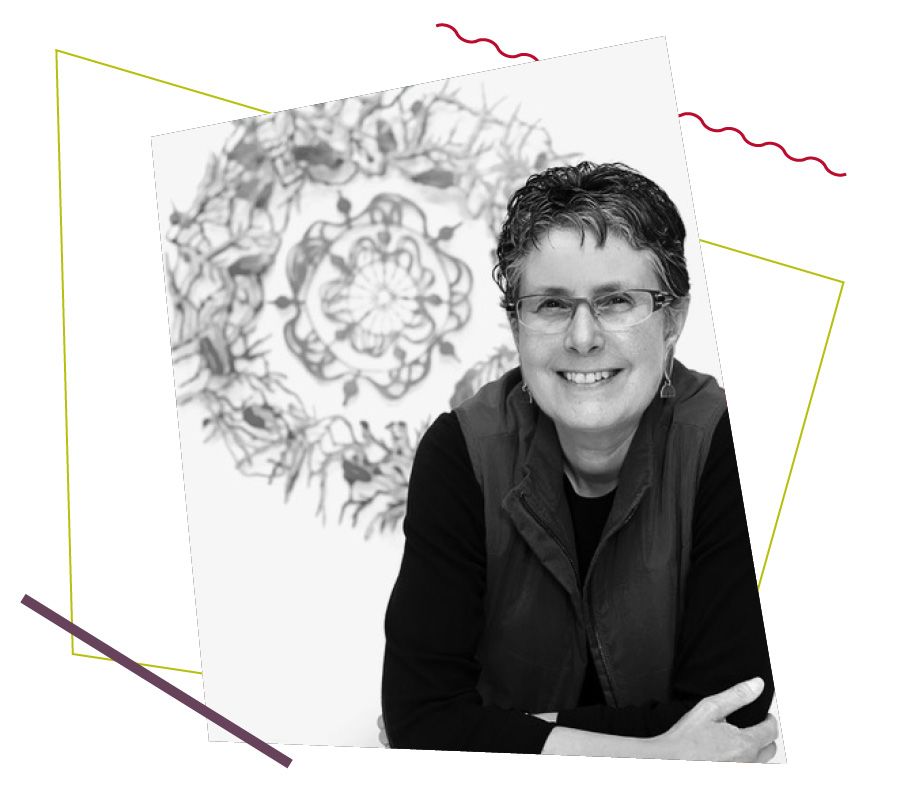
5-6 p.m.
Crisis, Curiosity and the Creative Process: Awakening Scientific Discovery Through Art
Rebecca Kamen
This session will explore how crisis, curiosity, and the creative process not only generate unexpected opportunities for discovery, but also informs artwork which fosters new connections between art and science.
Rebecca Kamen investigates the dynamics and poetics of curiosity and the creative process in her work as artist in residence in the Computational Neuroscience Initiative at the University of Pennsylvania.
Session host: Mark Callahan, Ideas for Creative Exploration (ICE), Lamar Dodd School of Art at the University of Georgia
